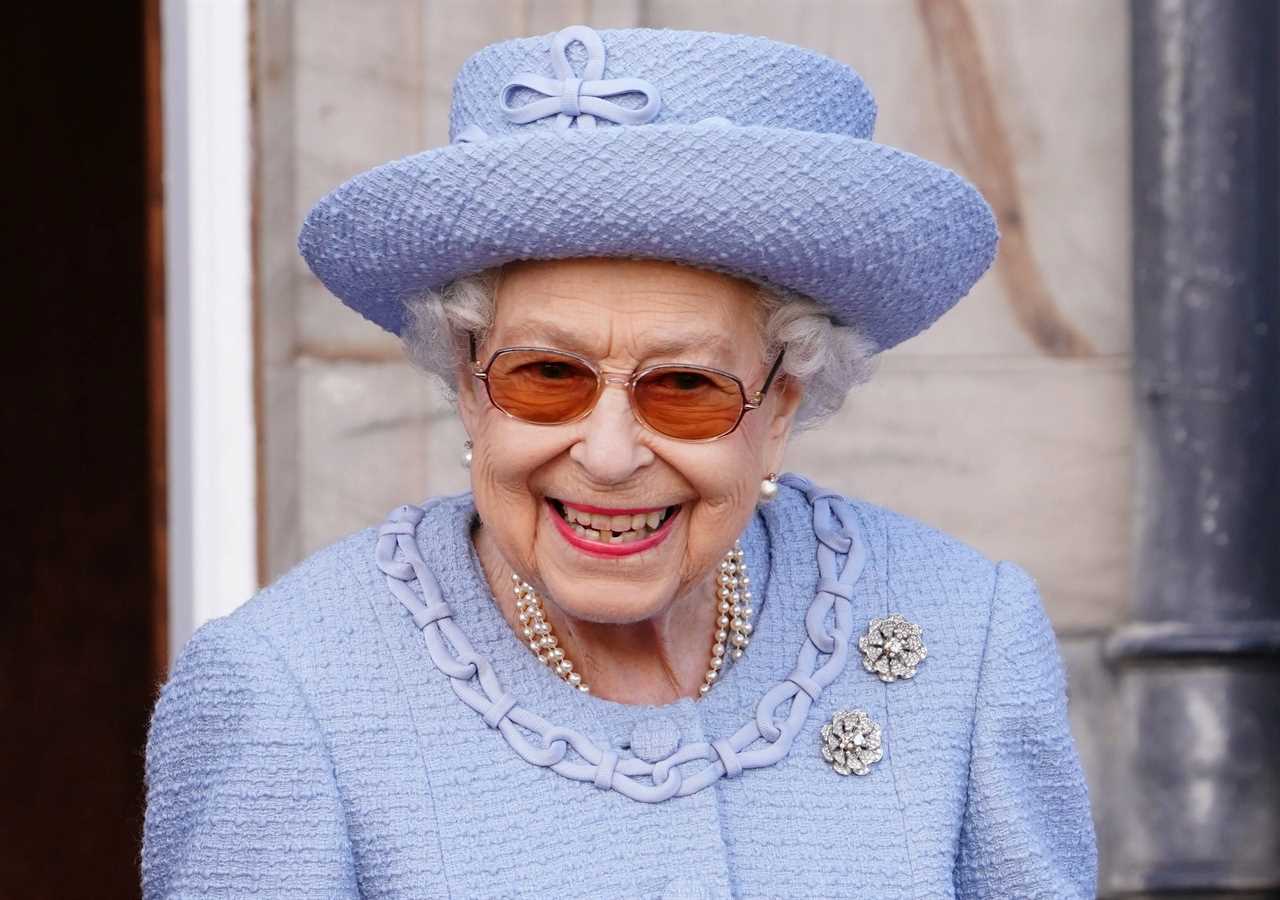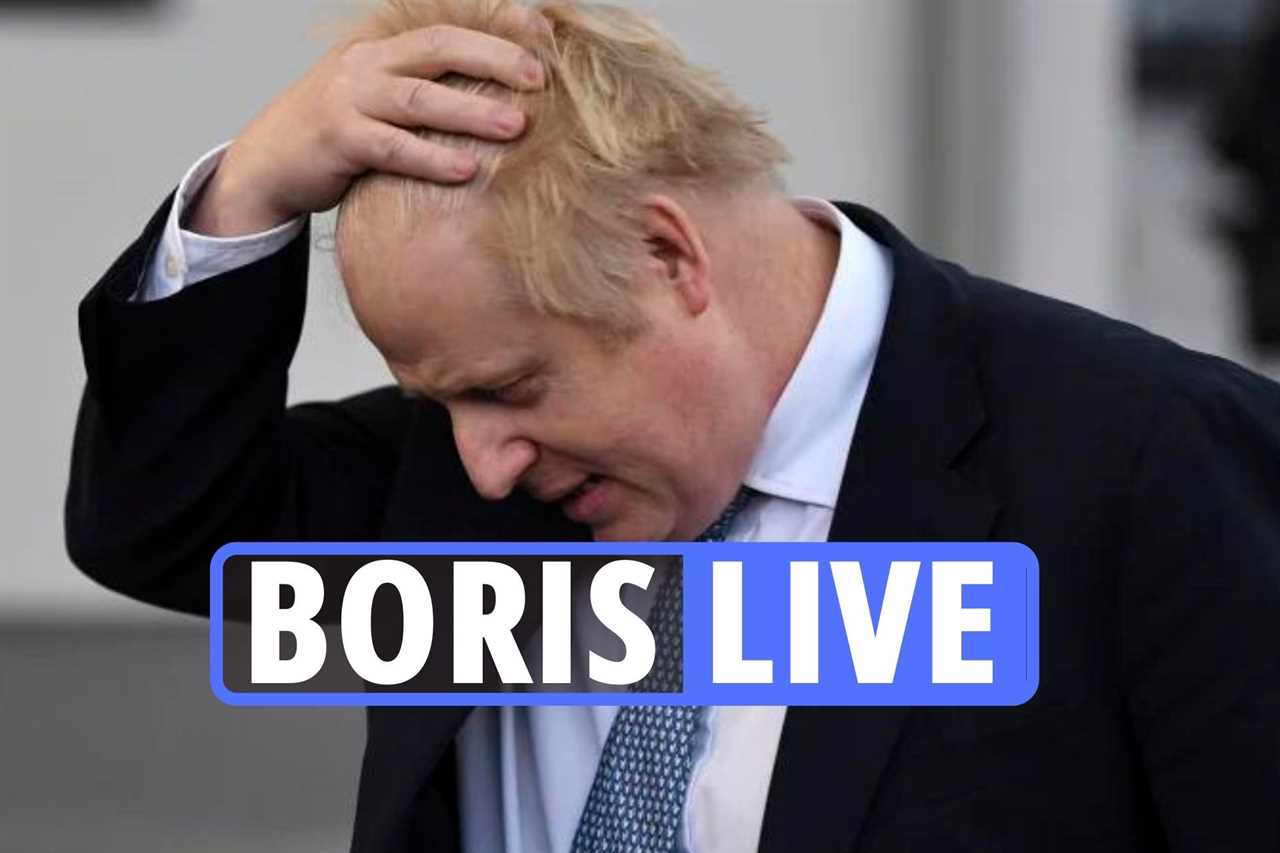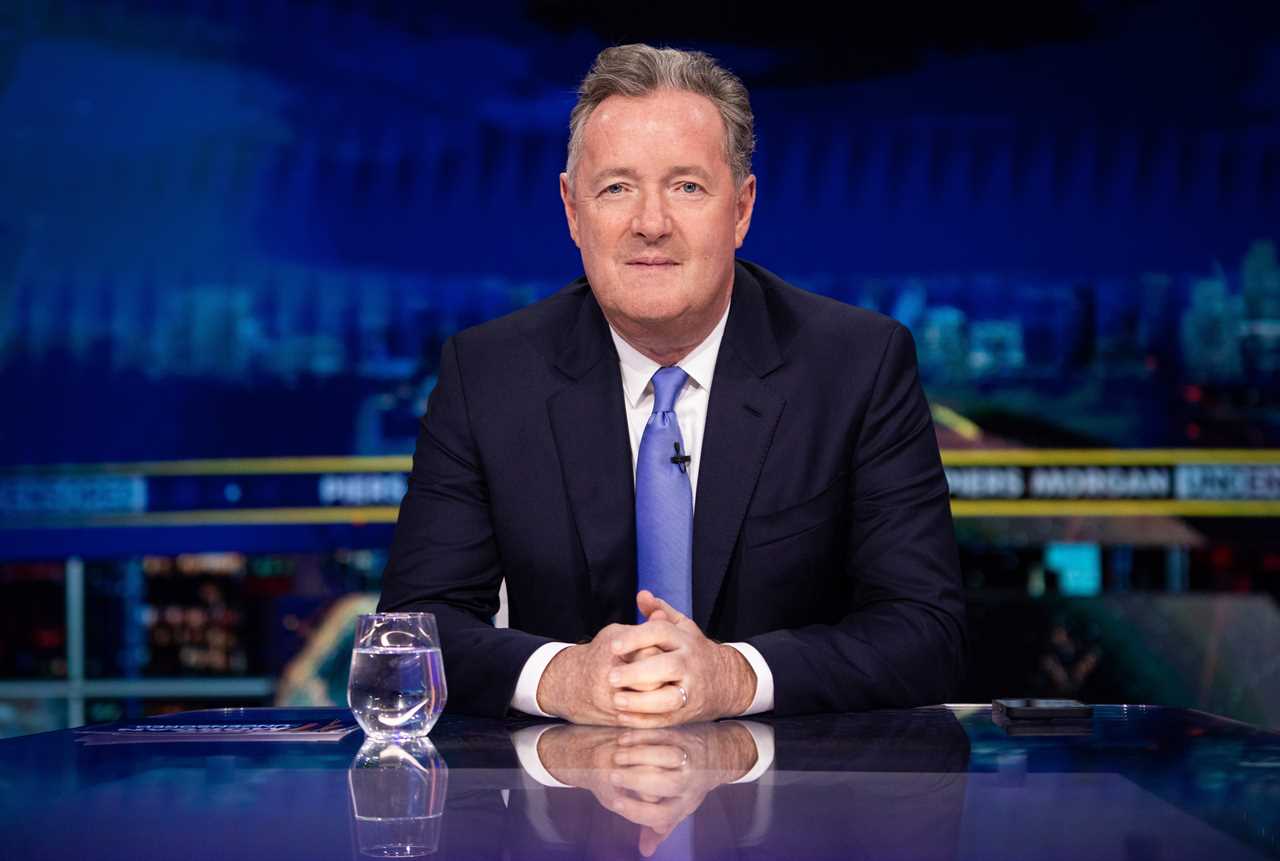THE Prime Minister of the UK is either voted in by the public or their party before being formally appointed by the Queen.
It is because the Queen has an important constitutional role – but what powers does she really hold over Parliament.
Can the Queen dissolve Parliament?
Historically, the monarch is able to dissolve Parliament and does so at the end of each term.
This usually happens every five years but can be brought forward by royal proclamation.
When the Queen dissolves Parliament, all Members of Parliament are dismissed and a general election is called.
The Fixed-term Parliaments Act 2011 meant an election could only be called outside the five-year Parliamentary cycle by one of two scenarios – if two-thirds of the House of Commons voted in favour of one, or if the Government lost a vote of no confidence.

But the power to call a snap election was reinstated by the Dissolution and Calling of Parliament Act 2022.
Parliament is dissolved to make way for a general election, which formally removes all MPs.
Has a King or Queen dissolved Parliament before?
The Queen must give her permission for an election to take place, and she has the power to refuse such a request if it breaches certain constitutional conventions.
The last dissolution of Parliament was in November 2019 to make way for the general election, which Boris Johnson won.
Parliament is dissolved 25 days before the general election, which happens every five years.
The Prime Minister visits the monarch and asks them to dissolve Parliament to allow for campaigning and the public to vote.
In 1979, Labour PM James Callaghan lost a vote of no confidence, leading to the Queen dissolving parliament, therefore giving the public the right to vote in the next Government.
However, the Queen can refuse a request to dissolve Parliament.
The Lascelles Principles is a constitutional convention that allows the sovereign to refuse if the existing Parliament is viable; if a general election would be detrimental to the country; or if the sovereign can “rely on finding another PM with a working majority in the House of Commons”.
The Fixed-term Parliament Act meant that the 2015 snap election was called without the Queen officially dissolving government.
But the 2022 Dissolution Act returned the power to the monarch so any future election will require the royal decree.










